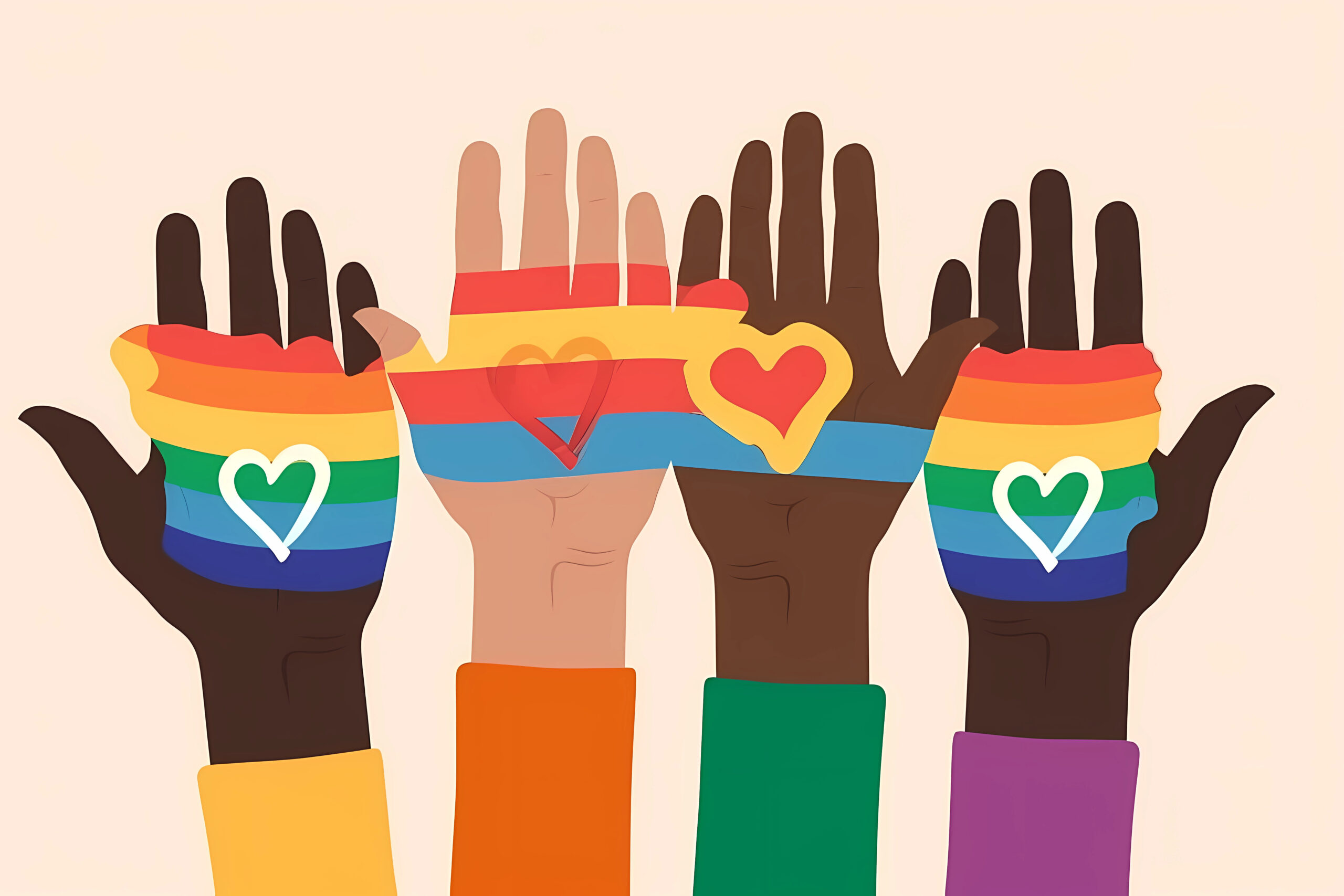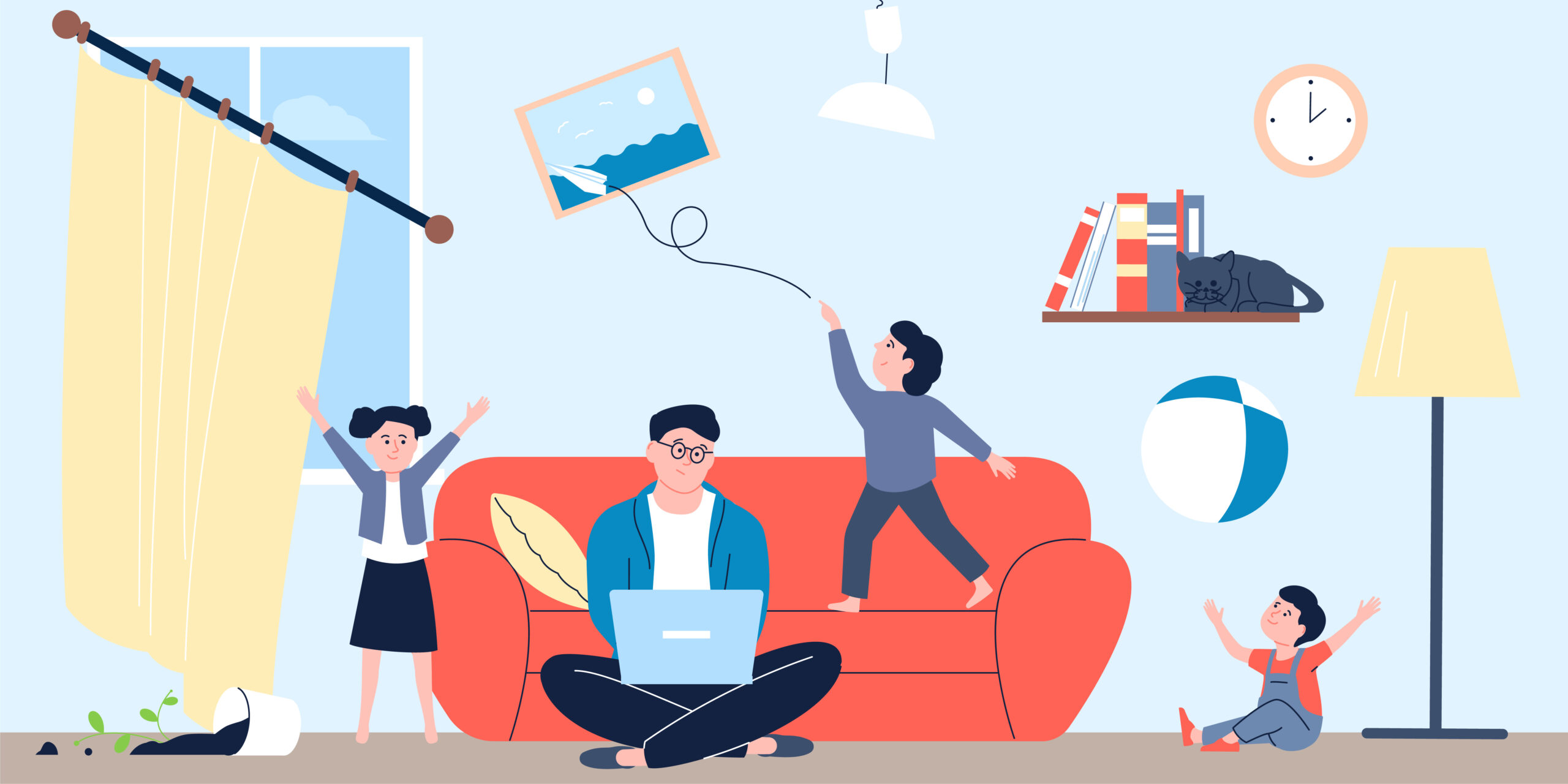If you have been laid-off, you are looking at a more final exit from your company. While your company may hire again in the future, a role with them is not assured in any way.
Furloughed employees are in suspended animation; they are usually still able to get benefits, like health insurance, though they are unpaid or on reduced pay. When a worker is furloughed, the expectation is that they will return to their position after the furlough ends. If you find yourself in this situation, take heart that it is likely a temporary cost-cutting measure intended to preserve your job and help keep your company afloat in these turbulent times. While this can be reassuring, we know that the struggle to make do without being paid or being paid less is real. Be sure to check with your human resources department for specific information on what coverage you will maintain.
The good news is that furloughed workers can now claim unemployment insurance, along with expanded Federal benefits due to COVID-19. If you are furloughed and still working — but have had your hours reduced by 20% or more — it is a sufficient reduction in hours in most states to claim unemployment benefits.
If you have been laid-off, you are looking at a more final exit from your company. While your company may hire again in the future, a role with them is not assured in any way. Someone who has been laid-off may no longer be eligible for company-sponsored health insurance or other employee benefits — but there are options for continuing health insurance coverage. Check with your human resources department to see what exit packages they are offering; some companies like AirBnB are paying for 12 months of COBRA health insurance for US employees who are laid off.
The numbers tell a grim story: with 3.2 million claims for unemployment benefits for the week ending May 2, 2020 — unemployment reached an all-time epic apex of 33.5 million claims over the last seven weeks — the highest level of unemployment since the Department of Labor began tracking data. If you have been furloughed or laid-off, you are clearly not alone. And while the news may be challenging, we want you to know that you still have options. Here are some things to consider as you navigate this next phase of your professional life.
Wait a Day. Then Negotiate Clear Terms With Your Employer.
An initial lay-off or furlough conversation can come as a shock to the system. Take a day or two to digest the news and gather your thoughts. Before signing anything, ask your company to clarify why you are being let go and to detail the separation benefits you will receive. Ask how much longer you will be paid, if there is severance or separation pay, and get clarity on what benefits you will (or won’t) continue to receive. Additionally, ask about what happens to paid vacation and sick days (in some states these must be paid out), 401k or other retirement funds, stock options with the company, and ask whether or not you can keep the equipment (laptop, cell phone, accessories) that may have been provided to you.
If you are furloughed, your health and life insurance benefits will likely continue. If you are laid off, see if your company has made any special arrangements to provide additional assistance during this time. If you are a member of a union, additional benefits may be available on top of those offered by your employer. Check with your union representative to get details on available programs for impacted workers.
Research Is Your Friend. Please Do It.
Many programs have been expanded, and new ones added to help manage the economic fall-out from the pandemic. The proverbial devil is in the details — be sure to research them, so you don’t miss out on some form of assistance for which you are eligible.
Unemployment benefits are now available to anyone who has lost their job (through no fault of their own) and can help you make ends meet until you find a new opportunity. Furloughed and freelance workers who did not qualify for unemployment benefits before COVID-19 are now eligible because the new stimulus law expanded the definition of eligibility. Be sure to look up the specifics as details vary state by state. Learn more about how to file in your state here.
Most states offer 26 weeks of unemployment benefits, and there is an additional $600 per week that is part of the federal stimulus plan. If you exhaust your benefits, the stimulus plan has provided for an additional 13 weeks of unemployment pay.
Helpful tip: You can file for unemployment benefits online. Many state unemployment websites have been swamped and overwhelmed with applications—we recommend applying either early or late in the day when the systems are less overloaded.
Embrace Your Network.
It’s a virtual world — make the most of it. With the majority of the country still quarantined at home, you have an unprecedented opportunity to reconnect with old contacts and to form new ones. Schedule video chats or phone calls to connect in a more personal manner. Reach out to people you know for opportunities; this may be more important now than ever before. Check in on old colleagues and friends, and ask them to connect you with their contacts. Follow up with these new people — if you cultivate and expand your network, it will nourish you.
Make a habit of being fast and responsive with your digital communications. It will help facilitate connections that may lead to new opportunities. If you’re in an industry that has been hit particularly hard by COVID-19, think about how you can pivot your skills to positions outside your field. Talk to people that have made similar pivots. Ask advice. Develop new relationships. Even if there are no immediate opportunities, you are planting seeds for when a role does open up. Jobs are still available, but there will be more competition. Taking the initiative to reach out may make all the difference — as the Latin proverb proclaims: fortune favors the bold.
About the author.
An award-winning creator and digital health, wellness, and lifestyle content strategist — Karina writes, edits, and produces engaging content across multiple platforms — including articles, video, interactive tools, and documentary film. Her work has been featured on MSN Lifestyle, Apartment Therapy, Goop, Psycom, Pregnancy & Newborn, Eat This Not That, thirdAGE, and Remedy Health Media digital properties. You can see more of her work at karinamargit.com.




